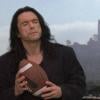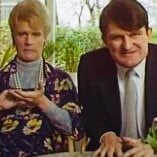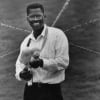IGNORED
Autechre Some thoughts on technicality as part of the process of music
- Search posts by...
- Reply to this topic
- Ignore this topic
- Stop ignoring this topic
- Start new topic
-
Recently Browsing 1 Member
-
Similar Content
-
- 79 replies
- 7,367 views
-
- 1 comment
- 3,759 views
-
- 3 replies
- 2,170 views
-
- 1 comment
- 3,128 views
-
- 34 replies
- 5,307 views
-








Recommended Posts